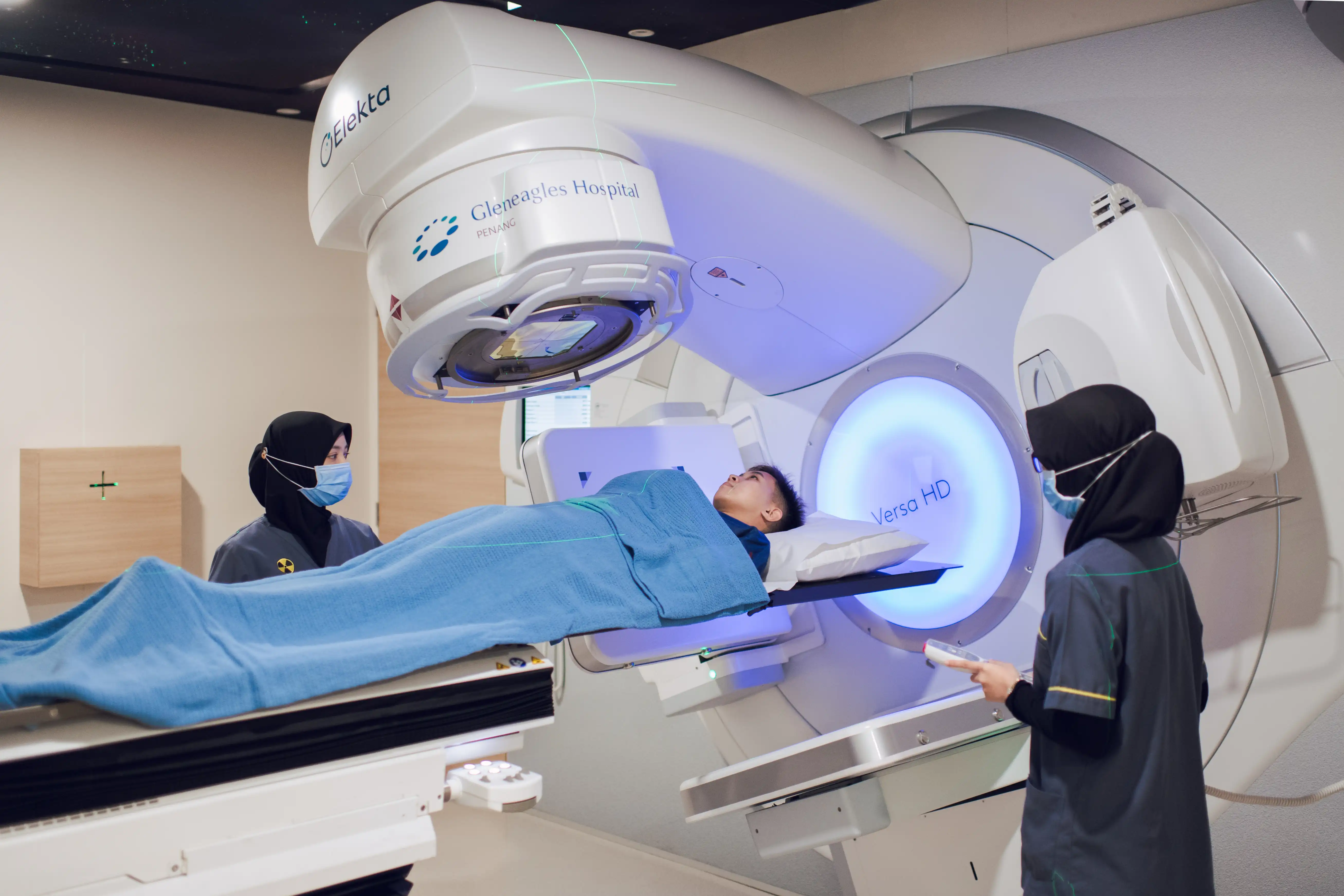Blood is the essence of life. It carries oxygen and nutrients to all organs of the body, helps in healing, and fights viruses, bacteria and other foreign material in the body. Cancer is the result of uncontrolled cell growth. The average lifespan of a cell is brief, and then the cell dies. In people with lymphoma, however, the cell thrives and spreads instead of dying.
Blood cancer is a disease that can affect anyone. Most blood cancers start in the bone marrow, where blood is produced. The bone marrow contains stem cells that mature and develop into red blood cells, white blood cells and platelets. In most blood cancers, normal cell development is interrupted by the uncontrolled growth of an abnormal type of a particular blood cell. These abnormal, cancerous blood cells prevent the blood from performing many of its functions such as fighting off infections or preventing serious bleeding.
The major forms of blood cancer are lymphoma, leukaemia and multiple myeloma. These cancers are formed either in the bone marrow or in the lymphatic tissues of the body. These blood cancers all involve an uncontrolled growth of abnormal cells within the blood and bone marrow.
Lymphoma is a cancer of the lymphatic system. The two main types of lymphoma are Hodgkin’s lymphoma and non-Hodgkin’s lymphoma. Lymphomas account for approximately 55% of blood cancers. It is the sixth most common cancer in Malaysia. Lymphoma is most often diagnosed in people ages between 15 and 35, and over the age of 50.
Lymphoma is cancer that begins in infection-fighting cells of the immune system, called lymphocytes. These cells are usually located in the lymph nodes, spleen, thymus, bone marrow, and other parts of the body. In patients with lymphoma, the lymphocytes are mutated and grow out of control.
The Lymphatic System
The lymphatic system is part of the body’s natural defense against infection, thus constituting the immune system. It is made up of a complex drainage network of lymph vessels, glands (lymph nodes) and organs (liver, spleen and thymus). The lymph nodes acts as a sieve where blood flows through them in the lymphatic system and is the home to a large number of lymphocytes. Lymphoma occurs when these lymphocytes begin to grow uncontrollably.
What are the Risk Factors for Lymphoma?
It’s unclear what causes lymphoma, but several risk factors relate to these cancers:
- People with HIV or AIDS
- People with auto-immune diseases
- Exposure to radiation
- Infection by Epstein-Barr virus or Helicobacter pylori
What are the Symptoms of Lymphoma?
- Swollen glands (lymph nodes), often in the neck, armpit, or groin that are painless
- Cough
- Shortness of breath
- Fever
- Night sweats
- Fatigue
- Weight loss
- Itching
How Is Lymphoma Diagnosed?
A biopsy typically is taken if a doctor suspects lymphoma. This involves removing some tissues from an enlarged lymph node. A doctor known as a haematopathologist will examine the cells to determine if lymphoma cells are present and determine their cell type.
If lymphoma cells are present, further testing will be required to determine the extent of the cancer. These tests may include chest X-ray, blood testing, or testing near the lymph nodes or tissues.
The patient may also undergo imaging scans, such as computed tomography (CT) or magnetic resonance imaging (MRI) scans to help identify any additional tumours or enlarged lymph nodes.
What are the Treatment Options for Lymphoma?
There are several ways to treat lymphoma:
- Chemotherapy
- Radiation therapy
- Surgery
- Immunotherapy
Often, the mainstay of treatment for lymphoma is chemotherapy, which is proven to be effective and safe. Although it’s known that chemotherapy may harm normal healthy cells and cause side effects such as hair loss, they are often short term and not serious. Most patients have a normal, healthy and recovered body after chemotherapy.
Immunotherapy is a form of cancer treatment that deploys the human immune system to fight cancer cells. It allows the attack of cancer cells without harming other cells in the body, thus causing minimal side effects. Immunotherapy can be used alone in the treatment of cancer or combined with chemotherapy.
One type of immunotherapy is checkpoint inhibitors. Checkpoint inhibitors are also described as a type of monoclonal antibody or targeted treatment. They activate the immune system to recognise and attack cancer cells. Another type of immunotherapy is the chimeric antigen receptor (CAR)-T cell therapy, where the patient’s lymphocytes called T cells are harvested and modified to equip them with the ability to attack cancer cells.
Is Lymphoma Curable?
An individual’s prognosis after a lymphoma diagnosis depends on the stage and type of lymphoma. Many types of lymphoma are treatable and highly curable. However, not all are curable.
Some types of lymphoma are also slow-growing, or indolent. In this case, treatment may not be needed because the prognosis is still good. The earlier the lymphoma is treated, the higher the chances of recovery.










